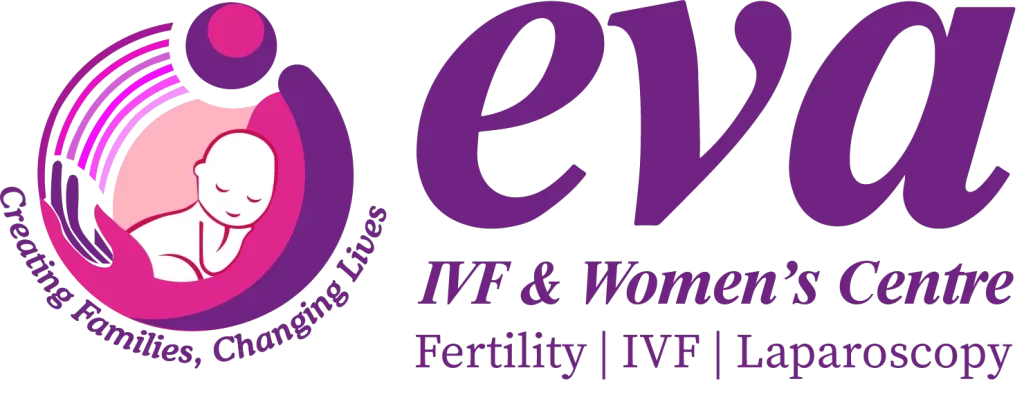Lifestyle Factors Impacting Fertility and IVF Treatment: Facts you Should Know?
How Lifestyle Factors Impact Fertility:
Lifestyle factors can significantly impact your fertility whether you are a man or a woman. While some factors are beyond your control, your lifestyle is. Therefore, you should adopt a healthy lifestyle to enhance your fertility and increase the chances of a successful conception. Here are some key lifestyle factors that can influence fertility:
- Eat Right for Fertility:
Keep yourself in good shape by eating a balanced diet. If you include folic acid, zinc, and vitamin D in your diet it would give you a healthy reproductive system.
- Move Your Body:
Get into the habit of regular exercise at a moderate level of intensity.
- Reduce your stress levels:
Chronic stress messes with your hormones, which lowers your fertility. Do not work in high-stress environments.
- Quit Smoking and Drinking Alcoholic Drinks:
Smoking can damage your reproductive organs and hormones for both you and your partner. When you and your partner are trying to have a baby, avoid alcohol.
- Sleep Regularly:
Make sure that you’re getting enough quality sleep. Poor sleep messes with your hormones which can make conceiving more difficult.
- Mind the Environment:
Be mindful of environmental toxins and chemicals. They can hurt your ability to reproduce so try to minimize exposure where you can.
- Age Matters:
Your fertility will decline as you get older. Keep that in mind if you’re planning to start a family.
- Stay Healthy Down There:
Use protection and get regular check-ups to keep things healthy down there. Untreated infections can mess with fertility.
- Manage Chronic Conditions:
If you have got health issues like diabetes or thyroid problems, work closely with your doctor because they can impact fertility, which is why they need to be properly managed.
Stress in your system which increases harmful chemicals called from radials. These chemicals are produced in the body due to a process called damage.
How Lifestyle Factors Impact IVF:
Lifestyle factors can play a significant role in the success of in vitro fertilization (IVF). There are certain lifestyle factors that specifically impact the success of in vitro fertilization (IVF) rather than general fertility. Here are some points to consider:
- Preparation for Egg Retrieval:
Before egg retrieval, your lifestyle choices can influence the quality and quantity of eggs. Follow a diet that is rich in antioxidants, stay hydrated, and avoid excessive caffeine and alcohol to positively impact the success of this crucial step.
- Sperm Quality for IVF:
If you are the male partner you need to maintain a high sperm quality. Do this by avoiding hot environments, tight underwear and eat healthy food.
- Optimize Your Uterine Environment:
Your lifestyle can influence your uterine environment which can thereby impact implantation. Managing stress and avoiding strenuous activities can help you post the embryo transfer.
- Nutritional Support During IVF:
Tailor your diet to support the unique nutritional needs during the IVF process. Foods rich in omega-3 fatty acids, certain vitamins, and minerals can contribute to a healthy reproductive environment.
- Post-Transfer Relaxation:
After embryo transfer adopt a more relaxed lifestyle. Avoid intense physical activities, get adequate rest, and manage your stress levels for a supportive post-transfer environment.
- Counseling and Support:
Incorporating counseling or support groups during the IVF process can enhance coping mechanisms.
- Avoid High-Impact Exercise Post-Transfer:
While moderate exercise is generally encouraged, high-impact or strenuous activities immediately after embryo transfer may not be advisable.
Why Lifestyle Factors Are Important For Fertility Treatments Like IVF:
When it comes to IVF, your lifestyle choices matter. They can seriously impact how well the treatment works for you. It is important to follow a holistic approach that takes care of your physical and emotional health.
At Eva IVF & Women in Chennai Centre we emphasize lifestyle factors that can help you during the IVF process.
They have included yoga, stress management, and even functional medicine concepts like exercises in their treatment protocols.
